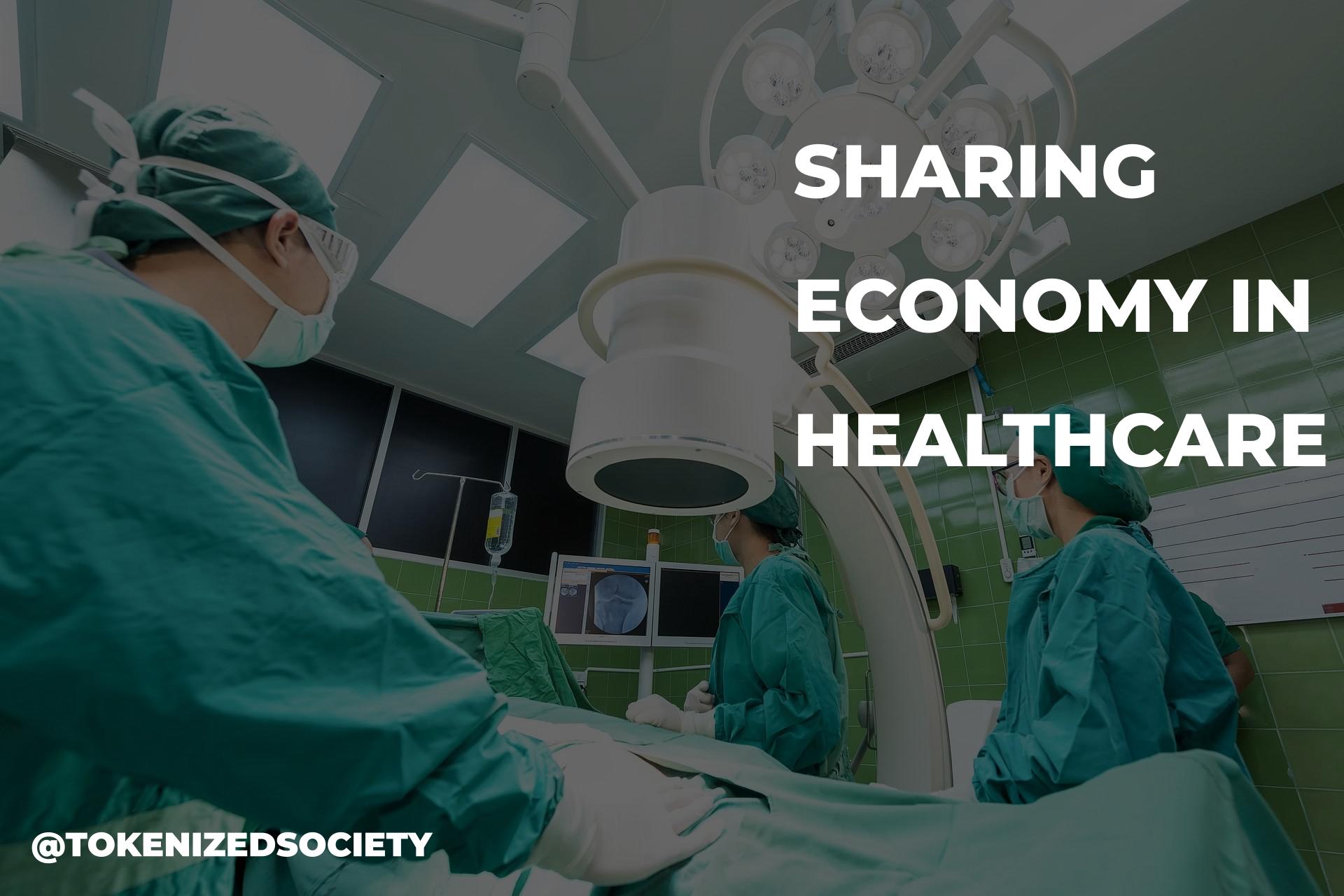Sharing economy in healthcare - The case of HDcare
Sharing economy

Being a technology enthusiast, one finance-related topic that interests me the most is sharing economy. Despite all the controversy around this topic, it's undeniable that it came to stay, and it is slowly but surely finding its way to more and more industries in our present society.
The sharing economy market is projected to reach $1.5 trillion by 2024 worldwide as user adoption continually increases.
Companies such as Uber and Airbnb made the concept famous, and it's likely that one of these two names comes to our minds when hearing the term sharing economy. Still, while these companies are still at the forefront of the sharing economy development, they opened the way to a myriad of others across many sectors of the economy.
A case that interested me very much is that of HD, a startup based out of Bangkok, bringing the sharing economy to healthcare in South Asia.
What HD does is help bring together surgeons with private practice, patients looking for cheaper surgeries and hospitals with vacant surgery rooms. That looked strange to me at first glance, but as I read more into it, I realized that the healthcare industry operates on very different dynamics in that part of the world.
Healthcare in South Asia
Doctors work in public hospitals to make their names and reputation, but that's not where the money is, so it's commonplace for them to also work in private institutions. Additionally, public hospitals usually have very long queues, so these doctors take that opportunity to try and lure patients to the private practices they work for.
Another interesting fact I was unaware of is that Thailand is a very popular place for medical tourism. With hospitals that look more like luxury hotels, highly experienced doctors and lower prices compared to many other places in the world, the country used to attract a lot of people looking for cheaper treatment with good doctors and a relaxing place to spend recovery time.
I say "used to" because when COVID-19 hit, that inflow of people was drastically reduced, leaving Thai hospitals with many vacant rooms.
On the patients' side, it's a no-brainer. People are always looking for a better deal, so HD found a way to tie it all together and launched its innovative surgery platform.
HDcare
After this brief overview of South Asia healthcare dynamics, it's not hard to understand what HDcare does: the platform helps hospitals "rent" their vacant surgery rooms to doctors who treat patients looking for better prices and shorter queues than they would get at public hospitals.
And it's been working quite well. According to HD, throughout their 4 years of existence, they have served 250,000 patients, who are paying 15% to 20% less than market prices. Sales grew 7x during the pandemic and aim to keep growing at 2 to 3 times for the next few years. They are so confident in their own potential that not even the incoming recession got them to lower their expectations.
Final thoughts
The sharing economy is disrupting many industries, and it was interesting to learn about how it's changing healthcare in South Asia. I'm curious to know how this model could be applied to other countries because regulations on the healthcare industry can vary dramatically from one country to another. Still, I'm sure they will find a way.
The case of HDcares is an interesting one, and it benefits doctors in need of surgery rooms for their private practices, hospitals with vacant rooms that can now rent them out for some extra revenue and patients looking for better prices and shorter queues.
Posted Using LeoFinance Beta
https://twitter.com/1422655243112927236/status/1615895000922849283
The rewards earned on this comment will go directly to the people( @tfranzini ) sharing the post on Twitter as long as they are registered with @poshtoken. Sign up at https://hiveposh.com.